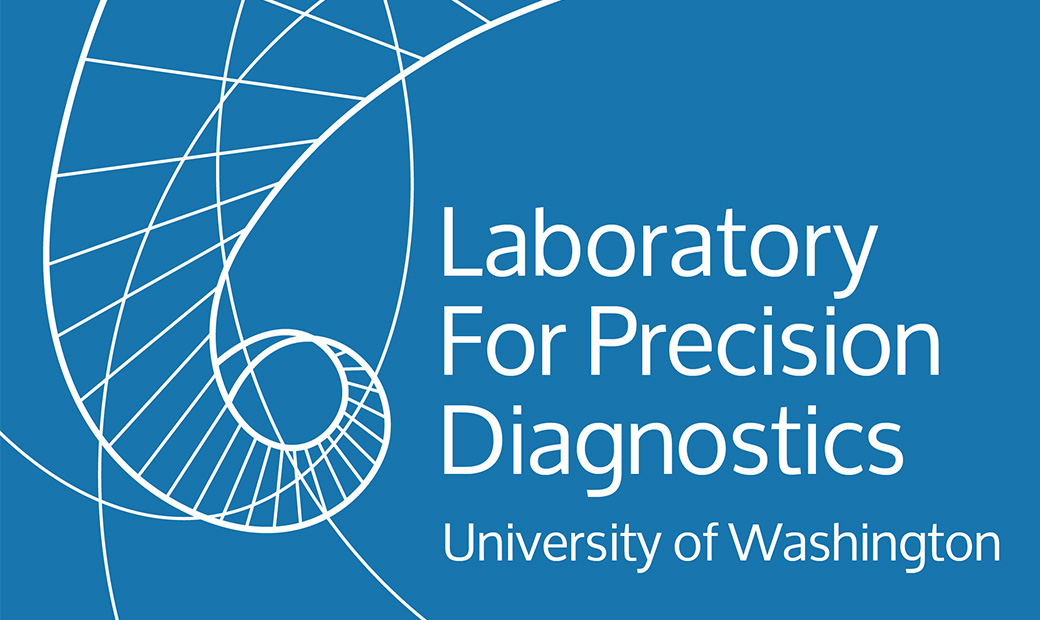Genes
DNA Content/Cell Cycle Analysis
Test Guide
The Clinical Flow Cytometry laboratory performs DNA content and cell cycle analyses of solid tissue specimens. The laboratory’s special expertise is in DNA content measurements of premalignant diseases of the GI tract, such as Barrett’s esophagus and ulcerative colitis, where the finding of DNA content abnormalities is associated with elevated cancer risk, and the determination of ploidy in the differential diagnosis of molar pregnancies.
Specimen Requirements
Endoscopy biopsies placed in separate nuncs containing minimum essential media (MEM) plus 10% fetal calf serum and 10% DMSO. (If you are using your own transport media, which does not contain DMSO, do not freeze)
Special Instructions
It is important not to have the biopsies at room temperature during or after the endoscopy or during shipment.. Exposure to room temperature can result in degradation, which can lead to false-positive aneuploid cell populations in the biopsies.
Ship the same day on wet ice.
Ship overnight on dry ice.
A Phone call to notify laboratory of shipment is appreciated. Please do not ship for weekend or holiday delivery.
The label on each nunc should include the patient name, identification number, and location of the biopsy site (in centimeters distal to the proximal).
How to Order
1. Please complete the DNA Flow Cytometry Requisition form.
2. Prepare the sample for submission (see Special Instructions above)
3. Ship or carry the sample to:
UW Medicine Pathology
Clinical Flow Cytometry Laboratory
1959 NE Pacific St, Room BB220
Seattle, WA 98195
phone 206-598-6400 fax 206-598-8049
4. Result will be completed 4 days from receipt. Report contains analysis results including histogram interpretation and supporting listerature references.
5. Contact with questions:
Tom Small ph: (206) 598-6415
